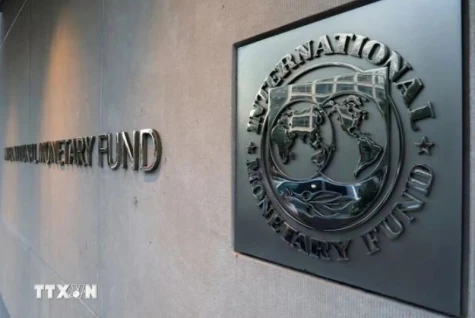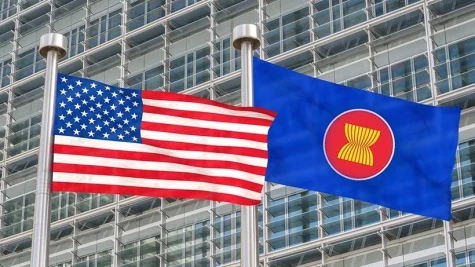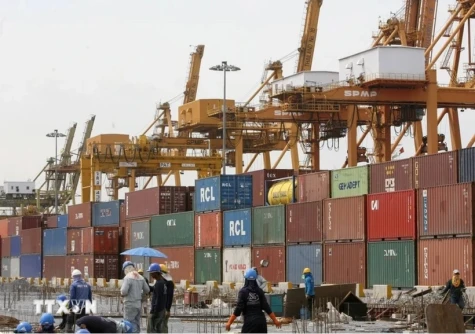Inflation has changed the way many Americans shop, making them spend more deliberately. Changes in consumption habits are helping the US bring down the inflation storm.
In grocery stores, American consumers are shifting away from name brands to store-brand items, switching to discount stores or simply buying fewer snacks or gourmet food.
This reality causes large food companies to slow down the price increase compared to the peak of the past three years. This does not mean that food prices will fall back to the levels of a few years ago, but a smaller rise in food prices will help to cool inflation, which has fallen sharply to 3% from a peak of 9.1% in 2022.
Consumer pushback against high commodity prices suggests to economic experts that inflation in the US should continue to decline, making a difference from the galloping price increases of the 1970s and 1980s, which took longer to defeat.
When high inflation lasts for a long time, consumers often fall into a state of “inflationary psychology”, meaning they rush to buy goods and buy in large quantities because they are worried that prices will advance further, a vicious cycle that perpetuates inflation.
According to Chief Economist Gregory Daco at consulting firm EY, Americans are spending more cautiously, especially low-income consumers, who are burdened with bank and credit card debts. He noted that total sales for the 2023 Christmas shopping season expanded just 4%, mainly due to higher prices rather than consumers’ purchases.
Investment strategist at Corbu, Samuel Rines, used a series of companies as typical examples of businesses having to change their price increase strategy to ensure sales. Unilever Group raised prices by 13.3% on average across its brands in 2022, and its sales fell by 3.6% that year. In response, in 2023, Unilever only increased prices by 2.8%, and sales rose 1.8%.
Similarly, after sales dropped in the last three months of 2023, PepsiCo announced that in 2024, it would restrain price increases and focus on boosting sales. These multinational corporations are quick to grasp the psychology of US consumers, devising appropriate sales strategies each time.
Meanwhile, good news comes to the American people, as the world’s No. 1 economy is forecast not to fall into recession. According to research results just published by the Conference Board, the US economy will not fall into recession, although the US Leading Economic Index (LEI) shows that economic output is still flat in the months ahead. The LEI index decreased 0.4% in January 2024 to 102.7, the lowest level since April 2020, when the US economy was in a brief recession due to the outbreak of the COVID-19 pandemic. However, compared to the same period six months earlier, the rate of LEI decline slowed significantly and was the lowest reduction since August 2022.
Conference Board senior manager Justyna Zabinska-La Monica explained that while the falling LEI continues to signal “headwinds” to economic activity, for the first time in the past two years, six out of its ten components were positive contributors over the past six-month period, and the LEI currently does not indicate a recession ahead.
In addition, the brightest spot in the US economic picture contributing to changing the Conference Board’s recession forecast comes from the recent growth of the US stock market. The continuously low number of applications for unemployment benefits and the bright credit situation, as well as new home construction permits and new orders for manufactured goods, are also positive signs for the US economy.
NDO





























